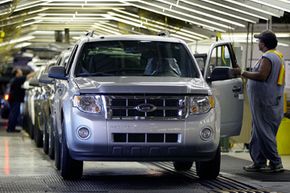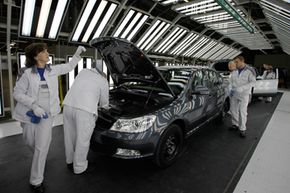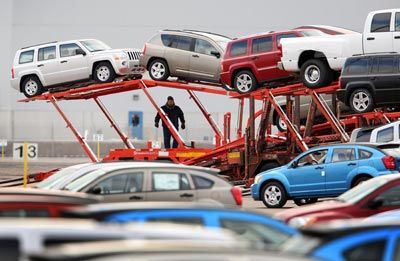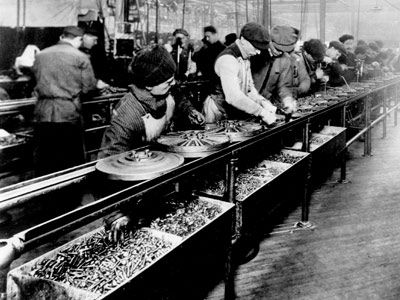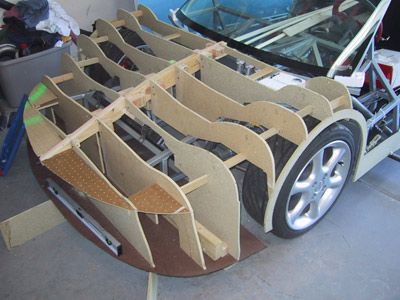Most people probably don't think too much about their cars on a daily basis -- unless he or she happens to be a real car enthusiast, of course. But for the vast majority of buyers, a car is simply an appliance. And, like the toaster or blender sitting on your kitchen counter, cars don't tend to take up a lot of space in their owners' brains. That is, until the car somehow breaks.
The thing is, despite recent high-profile recalls, on the whole, cars are more reliable than ever before. That's because car makers have begun to master a key step in automobile manufacturing: quality control. In any industry, quality control is a process that's used to insure that a product is free from bugs, operational issues and any number of other problems you can think of. In auto manufacturing, that means cars go through rigorous testing to make sure they're well-engineered, safe and comfortable.
Advertisement
The quality control process starts long before the first production models of a vehicle roll off the assembly line. When a car company releases a new product, they build prototypes, which are then tested to find weaknesses, mechanical problems and other details that could be improved. Once the prototypes have been vetted and polished, the design goes into production, where quality control continues on the production line, too. After being built, each car is tested for problems like fluid and air leaks, mechanical problems and proper assembly.
Keep reading to find out just how automotive quality control works and about the extreme tests that your car had to go through before it was allowed to hit the road.
Advertisement
